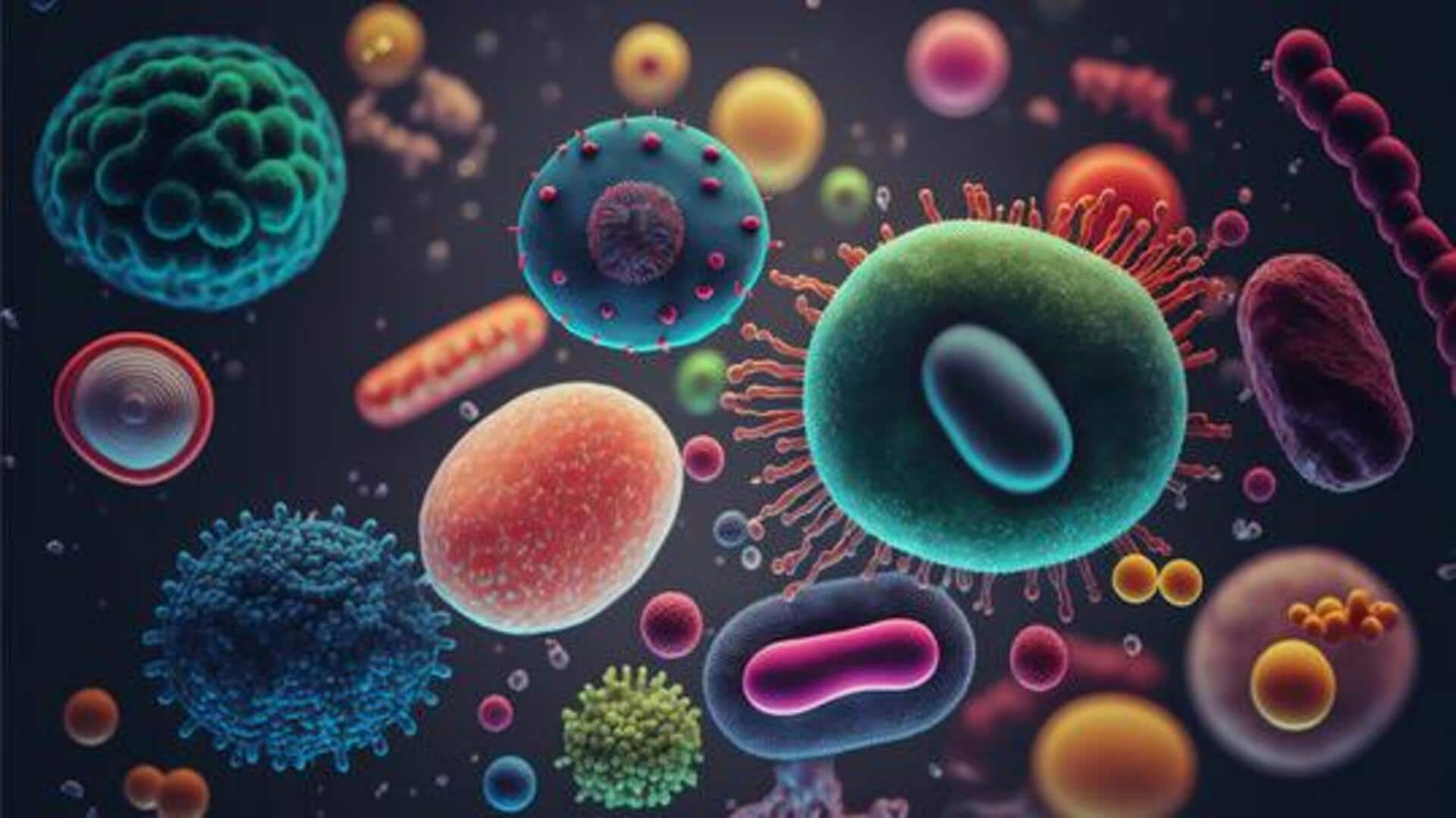
This artificial sweetener might be hurting aquatic microorganisms
What's the story
A study led by marine biologist Tracey Schafer from the University of Florida suggests that sucralose, an artificial sweetener found in many zero-calorie foods and drinks, could be damaging to microorganisms at the base of aquatic food chains.
The research indicates that due to its complex molecular structure, sucralose is not easily broken down by the human body or many microorganisms.
"There are a lot of questions about..whether it's something that could impact our microbial communities," Schafer stated.
Laboratory findings
Sucralose exposure alters microbial populations in aquatic ecosystems
The research team collected samples from both a freshwater as well as brackish water site in Marineland, Florida, and exposed them to various concentrations of sucralose in a laboratory setting.
Over five days, measurements showed that cyanobacteria concentrations increased in freshwater when exposed to sucralose, and spiked then crashed in brackish water.
Diatom populations reduced across both types of water after sucralose was added, with the effect more pronounced in the freshwater experiments.
Ecological consequences
Impact could be significant
Chemist Amelia Westmoreland from the University of Florida suggested that "the freshwater communities might be mistaking sucralose for a nutrient, for a sugar that they can use as food."
The study indicated that natural ecosystems could be disrupted depending on how much sucralose enters the environment through wastewater treatment.
Diatoms, crucial regulators of carbon and oxygen cycles, saw a decline which could significantly affect the entire food web.
Cyanobacteria could possibly overwhelm everything else in the microbial community.
Future studies
Further research needed on long-term environmental effects
While artificial sweeteners like sucralose are considered safe in standard doses in food and drink, some studies indicate they can interfere with gut bacteria and also damage the DNA inside cells.
Scientists are now focusing on understanding the long-term impacts on natural ecosystems.
"I think this study was a good first step in starting to look at how sucralose could impact our aquatic communities, and hopefully it will drive more research forward," Schafer concluded.